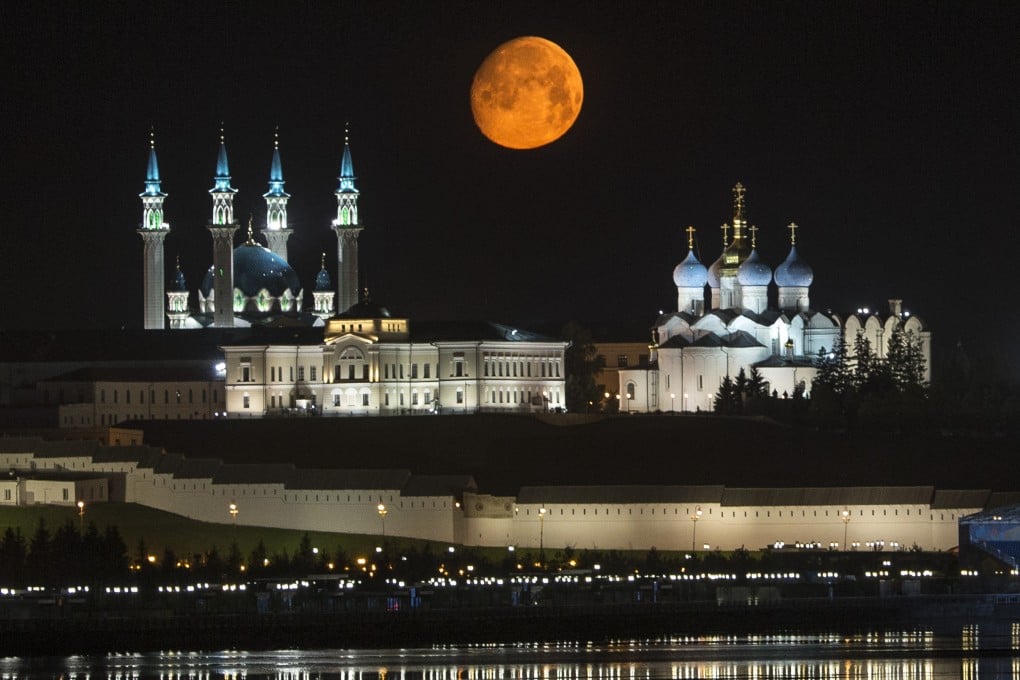The View | Brics’ path to a fairer global system starts at home
For Brics nations to secure global reforms, they must build effective institutions, protect property rights and strengthen the rule of law

The annual Brics summit is taking place in the Russian city of Kazan this week. The grouping of emerging nations has shown its resilience and emerged as an influential global presence over the past 15 years despite meeting with initial scepticism upon its founding.
Together, these nations represent more than 45 per cent of the world’s population and more than 30 per cent of global gross domestic product. However, the real significance of Brics lies in the grouping’s potential to reshape global governance, trade and finance.
For the Brics nations to make good on their hopes of reforming global systems, they must build effective institutions, protect property rights and strengthen the rule of law. Ultimately, the path to a fairer global order begins at home.

